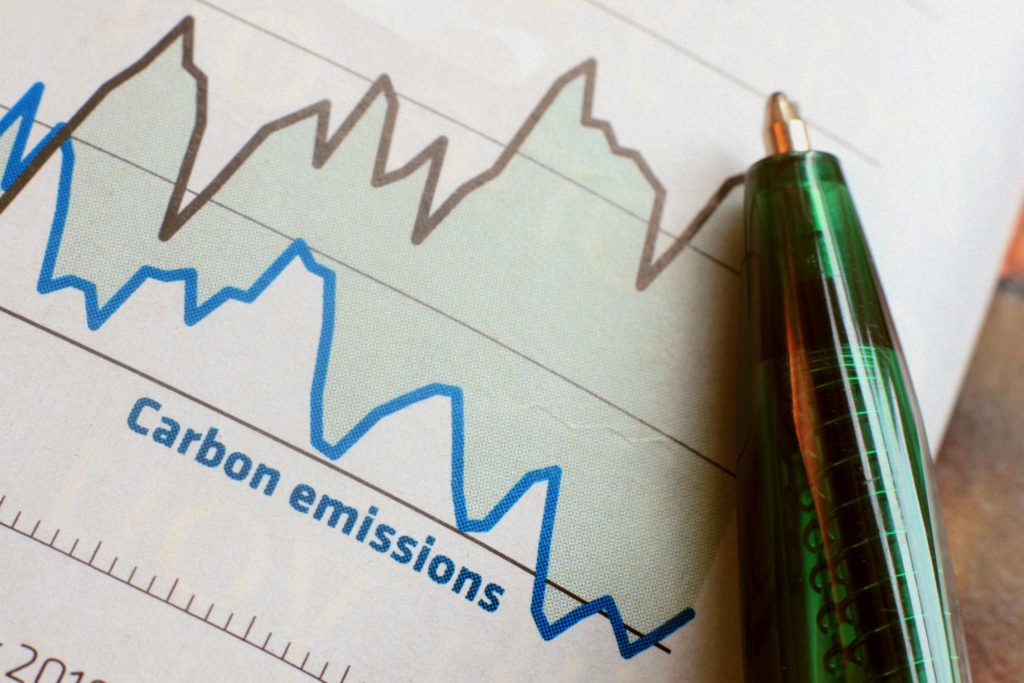VW and SAIC to enter CO2 emission pool
22 September 2020

22 September 20220
SAIC Motors has entered Volkswagen Group’s (VW’s) EU CO2 emissions pool. The Chinese automotive group’s subsidiary brands MG Motor and SAIC Motors Europe will join VW’s ′open pool’ between 2020 and 2022 – an attempt to avoid CO2 emission penalties.
As a workaround to avoid penalties that come into affect next year, companies began pooling their CO2 numbers. By utilising the EU Emissions Trading Scheme (ETS), more polluting fleets could bring their average emissions down by entering pools with less polluting vehicles manufacturers. For example, last year Fiat Chrysler Automobiles (FCA) agreed to pay Tesla to pool its emissions figures in Europe. This meant the petrol vehicles from Fiat, Jeep, Alfa Romeo and Maserati could be offset against the zero-emission output of Tesla’s electric vehicles (EVs).
From 2021, the European Commission has set an average fleet emissions target of 95g/km CO2. For every 1g/km of CO2 that a manufacturer exceeds its average emissions target by, it will be fined €95, multiplied by its volume of new-car registrations in the preceding year. Autovista Group has calculated that carmakers could face fines of more than €20 billion in both 2021 and 2022 for missing these targets.
Open-pool
VW and SAIC’s move was revealed in official documents filed with the EU, which outline all of the different brands entering the pool. From 2020 to 2022, SAIC Motors Europe and MG Motor’s emission figures will join VW, Skoda, SEAT, Audi, Porsche and Bugatti.
The carmaker also confirmed the pooling in a LinkedIn post (see below). In it, the German carmaker highlighted the €33 billion electric offensive it is currently undertaking to become ′the world market leader in electric mobility.’ Acknowledging the open-pool option for passenger cars offered by European regulations, VW nodded towards the request it had submitted to the EU alongside its Chinese joint-venture partner, SAIC.
Achieving targets
The pooling looks to allow VW to benefit from the strong demand for MG’s ZS EV. The small electric SUV is currently available in markets including the UK, France and Norway.
Matthias Schmidt, an industry analyst and publisher of the European Electric Car Report, wrote that while VW was expected to be compliant with CO2 emissions targets this year, MG registered almost 10% of the German manufacturing group’s combined West European battery-electric vehicle (BEV) volumes (59,000) in the first seven months of 2020.
While VW is unlikely to be currently compliant, with a fresh push from the recently released MEB models, the ID.3 and ID.4, alongside fresh plug-in hybrids (PHEVs) models and more efficient petrol and diesel cars, there is a greater likelihood the carmaker could make the grade.
′This could suggest Volkswagen Group is in fact struggling and requires the help of an outside party such as in the FCA/Tesla case to get it over the finish line and avoid paying fines,’ said Schmidt.
Then there are the complicating factors of coronavirus (COVID-19) and Brexit to contend with. The pandemic is already affected car sales, first via lockdown measuers, and now fewer consumers are considering new less-polluting models, instead opting for steady second-hand cars as they try to avoid public transport. Then there is the threat of as second wave potentially dashing hopes of an automotive recovery. Brexit meanwhile could see carmakers needing to meet separate emissions targets, meaning another headache.